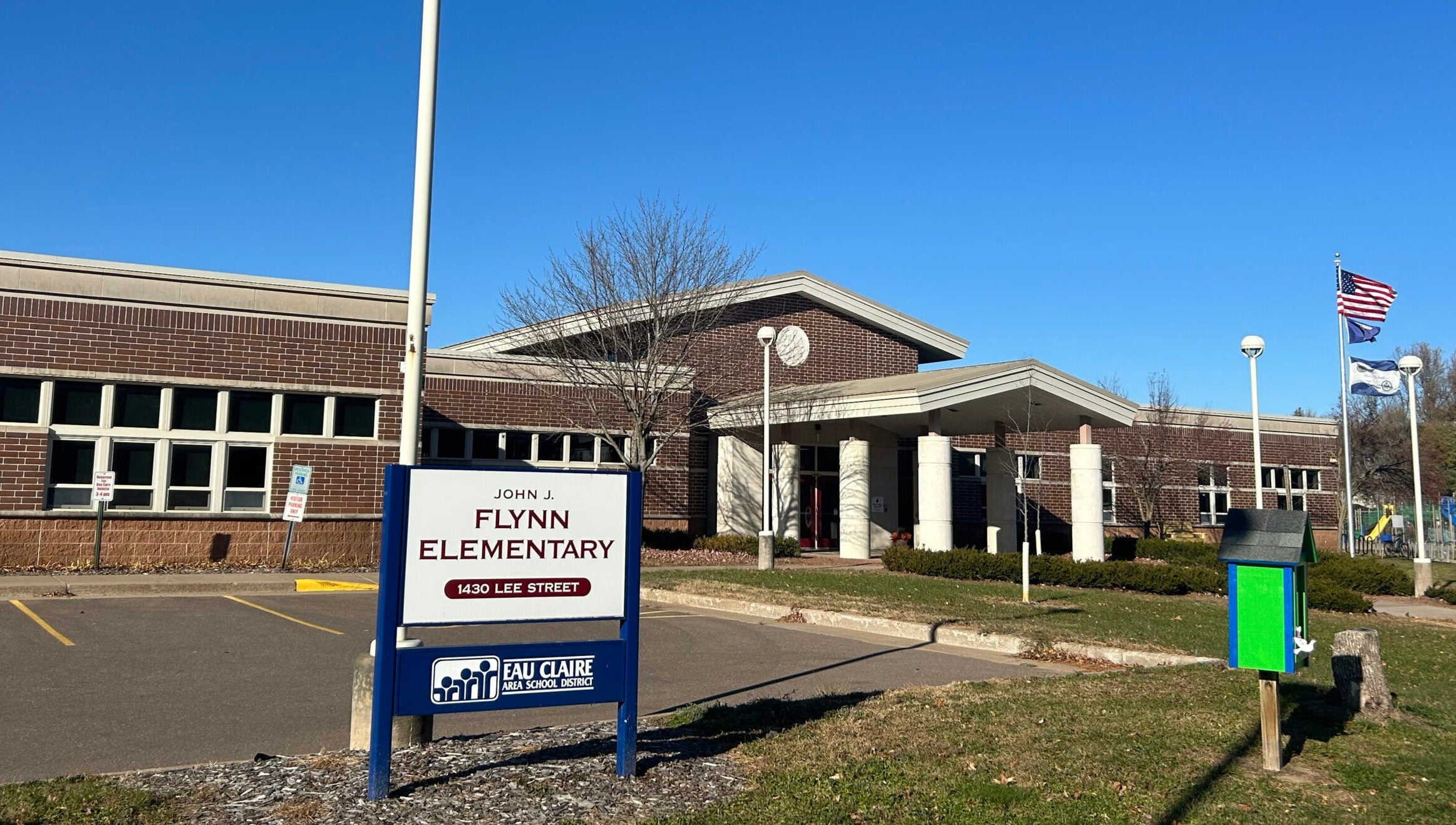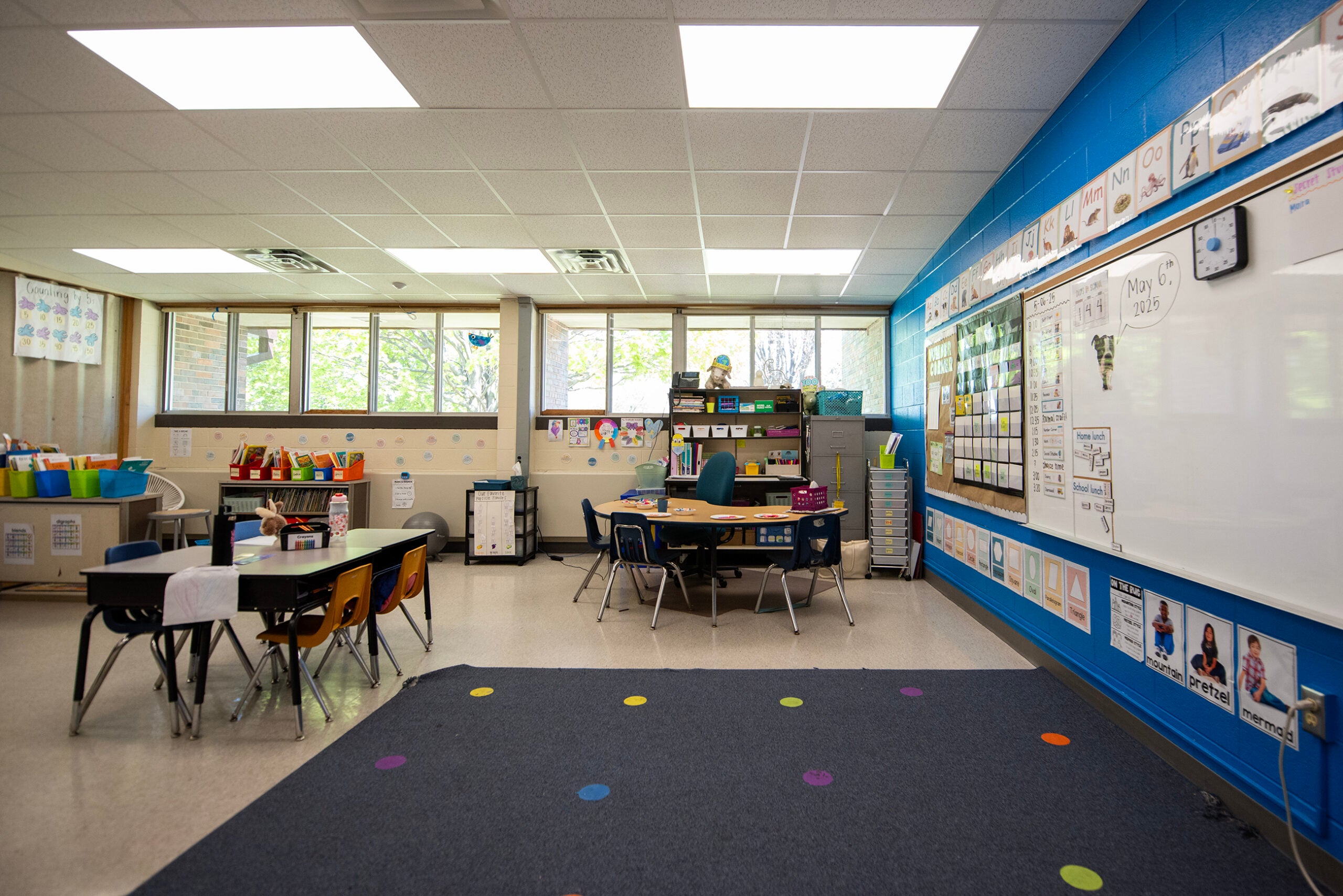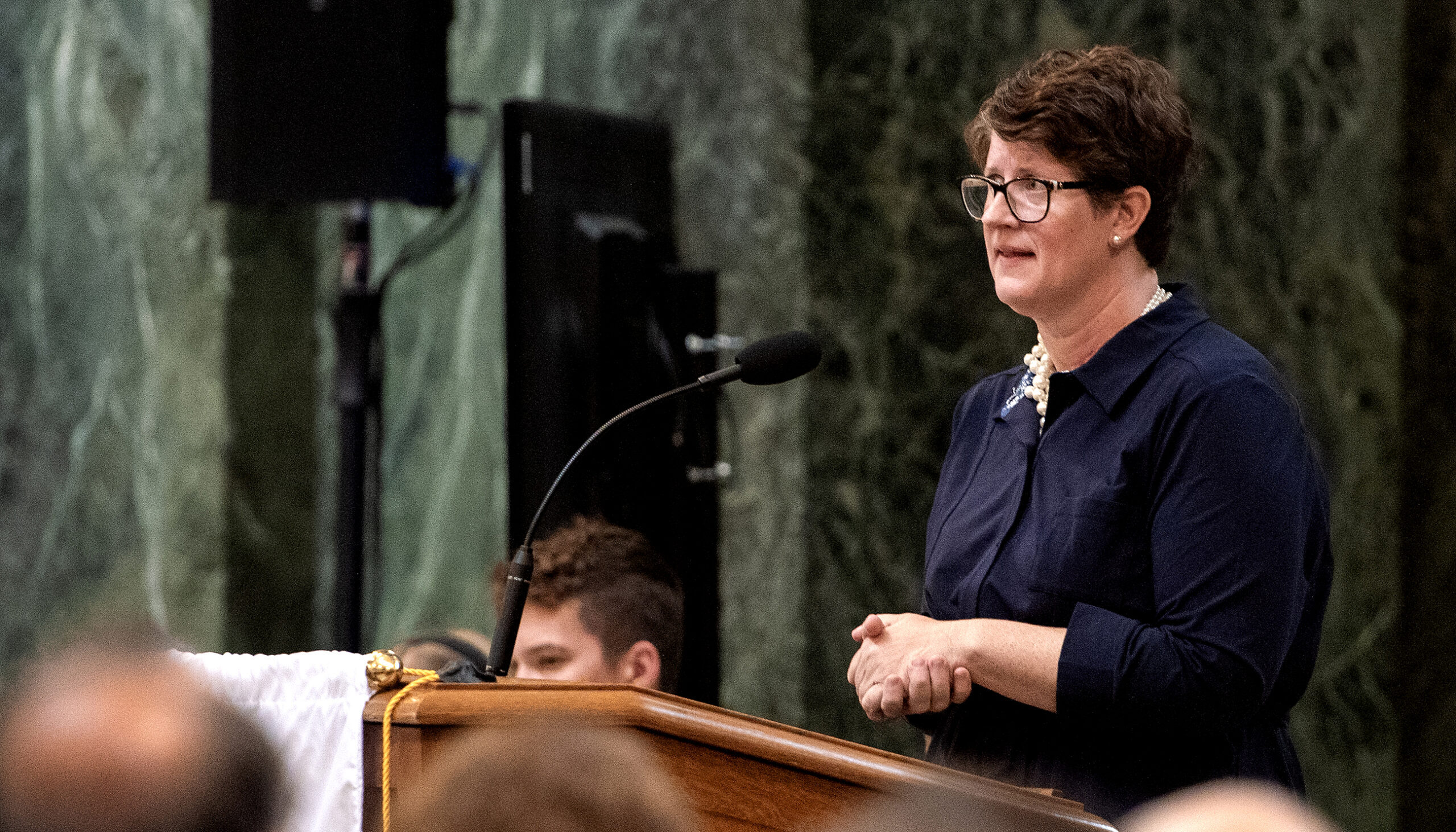Financial literacy could become a required course for Wisconsin high school students under a revised state Assembly bill.
Last year, Wisconsin’s GOP floated a plan to require high school students to complete a full credit of financial literacy in order to receive their diploma. It would have gone into effect for the 2022-23 school year. But the tight timeline and cost to school districts to implement the classes caused the measure to fail.
The revised bill would shorten the requirement to a half credit and would not begin until the 2028 school year. On Thursday, the Assembly Committee on Education heard three hours of testimony from students, teachers and non-profits supporting the idea.
News with a little more humanity
WPR’s “Wisconsin Today” newsletter keeps you connected to the state you love without feeling overwhelmed. No paywall. No agenda. No corporate filter.
Chase Yells, a junior at West De Pere High School, called his personal finance course the most important class he will ever take.
“We as students learn how to budget, so we know how to save, spend and invest,” Yells said. “We know the difference between a Roth IRA and a traditional IRA and how that can make a huge impact. Thousands of others, including many at my school who do not take the elective course, do not get the opportunity to learn personal finance and consequently will likely learn from costly mistakes.”
Patrick Kubeny, a long-time business education teacher in the School District of Rhinelander, asked the Assembly committee to give young people a “fighting chance” to have a successful future by giving them an opportunity to learn about financial skills.
“They have time to form good financial habits. They don’t have to learn the hard lessons, like many of us and our parents did,” Kubeny said. “Mandating this will not guarantee that every student will make sound decisions, but it does guarantee that they’ll have an opportunity to do so.”
Cost of financial literacy requirement still a concern for schools
Even with cutting the requirement to a half credit, the mandate would still come at a cost to school districts, many that are already struggling financially. A fiscal estimate from the state Department of Public Instruction found an indeterminate amount of costs would be incurred from increasing staffing to teach the courses, developing course curriculum and verifying credit completion for graduation.
Gov. Tony Evers’ proposed 2023-25 state budget includes $2.64 billion in funding for K-12 schools, a more than 15 percent increase over the last K-12 state budget. That funding includes $5 million over two years in grants for school districts and independent charter schools to implement or expand personal financial literacy curriculum and programing.
Whether the Republican-led Legislature keeps that funding in the budget is unknown. The GOP has indicated the governor’s spending for education is too high and they’ll likely create their own budget in coming months.
The Wisconsin Rural Schools Alliance and Wisconsin Association of School Boards opposed the previous bill.
On Thursday, Dan Rossmiller, director of government relations with the Wisconsin Association of School Boards, said he understands the value in the financial literacy course but said the conversation comes at an awkward time when school districts are struggling.
He said state data shows about 96 percent of schools already offer a financial literacy course. But offering it and mandating it are very different, Rossmiller said, and scaling up those limited programs could pose challenges.
“For the relatively few districts that do not yet offer their students to take courses in personal financial literacy, there’s an even bigger hill to climb,” Rossmiller said. “And I’m concerned for those districts. I suspect they tend to be some of our smaller, more rural districts. And we know that there are teacher supply challenges for all of our districts, but many of our smaller and rural districts.”
Many school districts are or have already started requiring financial literacy courses. Milwaukee Public Schools, the state’s largest district, will start its requirement in 2026. At least 17 states guarantee, or have committed to all high school students taking a personal finance course for at least one semester before graduation, according to Next Gen Personal Finance, a nonprofit that promotes financial literacy education.
While many districts make the financial literacy class available, Brenda Campbell, president and CEO of SecureFutures, a Milwaukee non-profit that works with youth on financial literacy, said only 34 percent of districts have it as a requirement.
“Yes there is a cost, but my challenge to you is what is the cost if we don’t do this?” Campbell said. “What is the cost to those students? To our future families and our communities?”
Wisconsin Public Radio, © Copyright 2026, Board of Regents of the University of Wisconsin System and Wisconsin Educational Communications Board.







